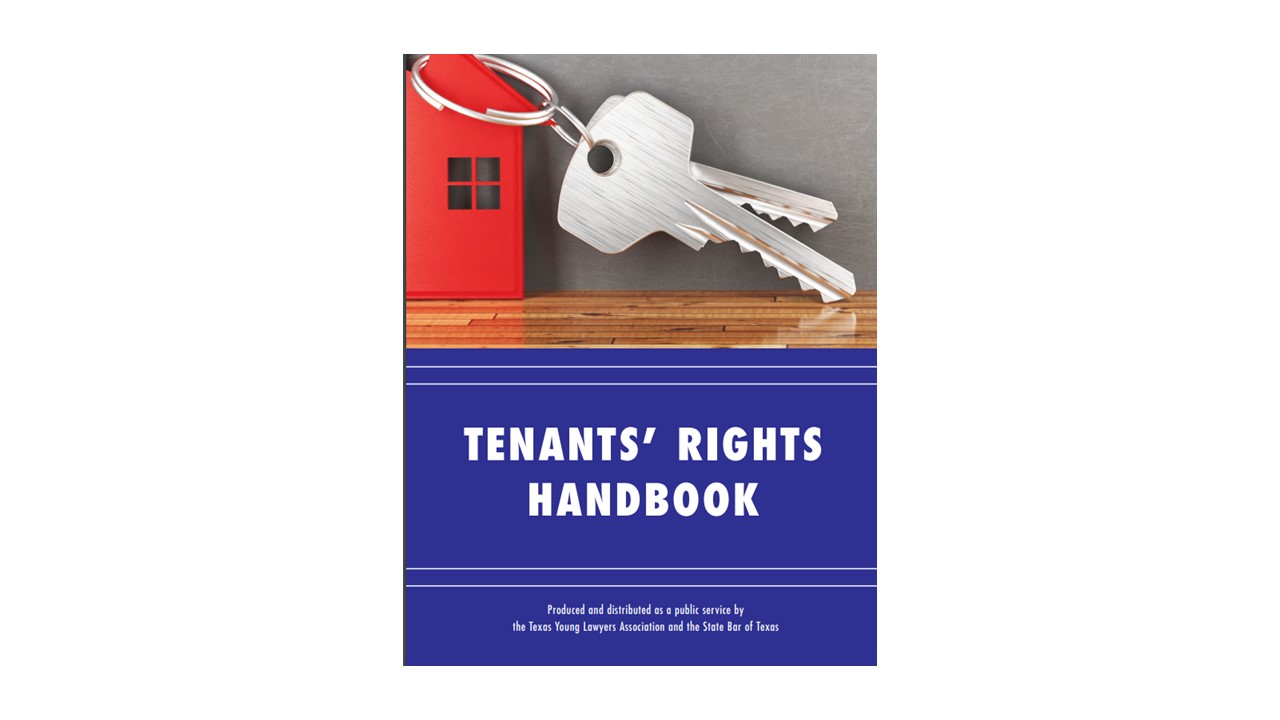As a landlord, your responsibility under the law is to provide a safe, livable home. This is under the legal doctrine called the “implied warrant of habitability.” This is a pretty broad st,atute, but it basically means the property should have:
- Heat (and air conditioning, depending on where you live).
- Water (hot and cold).
- A roof that doesn’t leak and won’t collapse and hurt your residents.
- An inside of the home that is free from known environmental hazards like unsafe electrical outlets, lead paint, or asbestos.
- Safe floors that can hold individuals without breaking and are free from holes to can lead to injuries.
- Reasonable protections from criminal elements, such as a sturdy front door with a working lock.
- Safe and working smoke detectors.
- Reasonable efforts to prevent vermin, like bugs or other pests.
As a landlord, you have a legal responsibility to provide these services. No matter what anyone says (or wants to say when they have someone that doesn’t pay), it is absolutely not legal for landlords to withhold repairs in exchange for rent. It is also illegal for the tenant to withhold rent so you will make repairs. The Texas Young Lawyers Association wrote a guidebook about this a few years ago. It’s so good that I plan to save it as a .pdf to send all my new tenants when they sign their lease as it does outlining the basic laws (obviously, this guide is no replacement for hiring real legal representation or tenant advisor, but it’s a good place to start).
Beyond the basics, there is a lot of grey area about expectations when it comes to renting your home. Some tenants will want to call you any time a light bulb is out and want you to come change it for them (and bring the bulb.) Most reasonably nice landlords will be fine helping out once in a while. However, there is always that one tenant. Like the one we had who routinely called about not liking the hanging rods in the closet. We replaced the rods and she wasn’t satisfied with the replacement dowels. I think she called until we replaced everything in that closet and then she still wasn’t satisfied. We did not renew her lease when the time came.
A lot of this heartache can be resolved by establishing in writing when signing the lease what services you will provide during the term and what your tenants will be responsible.
- Are there any house rules when it comes to parking or other activities? Some activities include how long guests can stay. This is to prevent tenants from moving in additional people without having them sign the lease. Often it’s about a week that anyone can stay without having to notify the landlord.
- Will the landlord provide lawn maintenance? Are there any rules about frequency of watering the yard?
- What utilities will the landlord provide? What utilities should the tenant plan to sign up for? (This is important – write down all that the tenant needs to sign up for such as water, electric, cable, gas, etc. We had one tenant call because they couldn’t get the hot water to work. Turns out, they’d never lived in a house before and didn’t know that gas is what made the hot water heater work). You also may want to provide your tenants with a rough estimate of what utilities are per month to ensure they aren’t surprised.
- Does the tenant need to sign up for trash and recycling separately with a trash company or is that through the city water? Or does the home come with well water and septic services? Will trash and recycling cans be provided or is the tenant expected to bring their own?
- Do you expect tenants to take a renter’s insurance policy? While landlords have insurance that covers the structure of the home, tenants are usually recommended to get a renter’s policy that covers their personal belongings in case of natural disaster or theft. The policies are often pretty reasonable, about $15-$20 a month. My husband and I had one at the first place we rented as newlyweds. It ended up being great as we had a break in where kids, most likely, stole every electronic device in the place. It was the late 1990s so we didn’t have a lot of great stuff, but the replacement value on all the items made it the best garage sale we would ever have.Landlords are required to make a “diligent effort” to repair items they have been notified about and which materially affect the health and safety of the tenant. This includes the big items like heat, water, and working roof. It would not include smaller problems like a malfunctioning microwave.
- How will you handle repairs that are caused by the tenant? For example a child or guest breaks a window. Will the landlord provide the repair and bill the tenant or deduct the costs (with documentation) in the next month’s rent? Whatever you decide, write it down. And document everything if/when a situation arises.
- Decide up front how both parties will communicate about routine maintenance provided by the landlord and repairs the tenant believes the landlord should address. Do you want a phone call? An email? A text message Certified mail? Just be clear up front. Clear documentation protects both parties if there is confusion later on.




Leave a Reply